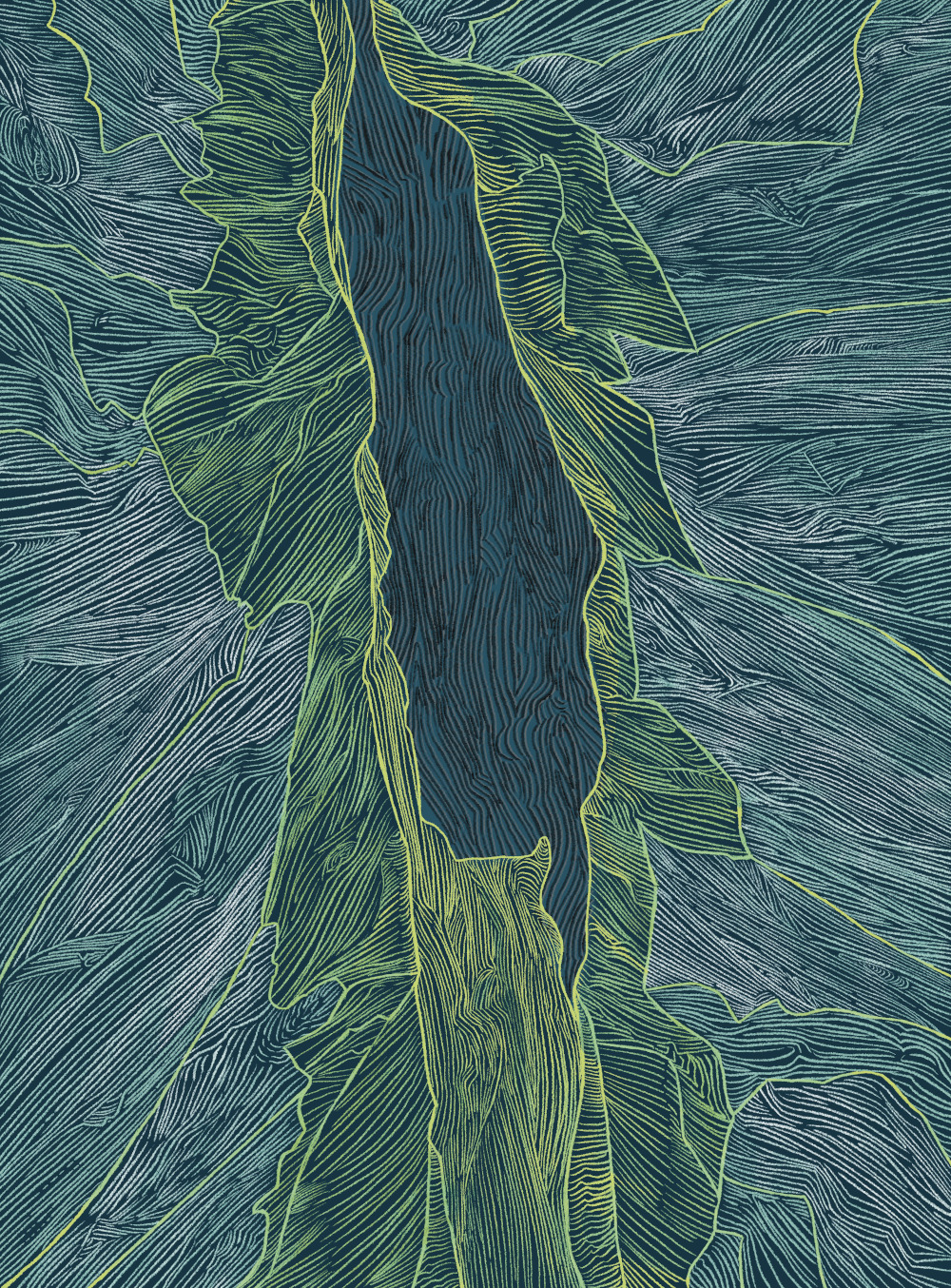
Image by Angélique Moseley
When briefing commissioned poets on what I imagined this volume of Tell Me Like You Mean It to embody, I eagerly told them to simply ‘tell me like you mean it’. I didn’t care if it was a declaration, a meditation, a lyric or an ode but bring me the view, the slant, quirk and queer orientation of where you are in this world.
My aim was to create a space where diverse voices could resonate and find new meanings through their interplay. What emerged was a collection of poems exploring what it means to perceive and be perceived, to interpret and be interpreted. To me, they exemplify a poetics in pursuit of nuance.
As you read through this collection, consider how each poem offers a distinct perspective, a unique way of seeing and interpreting the world, a poetic voice deeply concerned with understanding the where of its annunciation. Through a triangulation of everyday experiences, observations, and reflections, we are given insight to broader conversations about what it means to live, understand and be misunderstood on Aboriginal lands. Through these poet’s words we are invited to imagine the familiar anew and to continue being concerned about the catastrophic- come-all-too-familiar.
Natalie Bühler: I’ve been losing myself at the pool lately
Luoyang Chen: Vegemite
K J Hayward: White Girl
Aries Gacutan: unseasonable
Lay Maloney: mirrors in coffins
Munira Tabassum Ahmed: Blue Is All
Fig Russon-Jorgensen: on drowning
Dakota Feirer: Consult to me
Angélique Moseley: Green Armour
Taylah Cooper: Marana/First
Lucy Norton: the cosmic lament costs extra
Tyberius Larking: Character Shift
Whether at the dinner table, at the wedding, at the public pool, at the boardroom yarning circle, or somewhere else under the glittering cosmos and butt-end of the Anthropocene, these poets make meaning from the seemingly mundane. Their poems challenge the reader to think again about the everyday cultural conditions of self-preservation that sneak us by.
I encourage you to pay particular attention to the spoken and unspoken rituals that constitute an individual and collective Australian mythos. Take note of how poems circulate self-awareness, introspection and immersion dispersing into patterns of relation and difference. Mostly, I encourage you to revel in the sly humour threaded throughout. Poets go about tickling Tiddalik, you could say.









